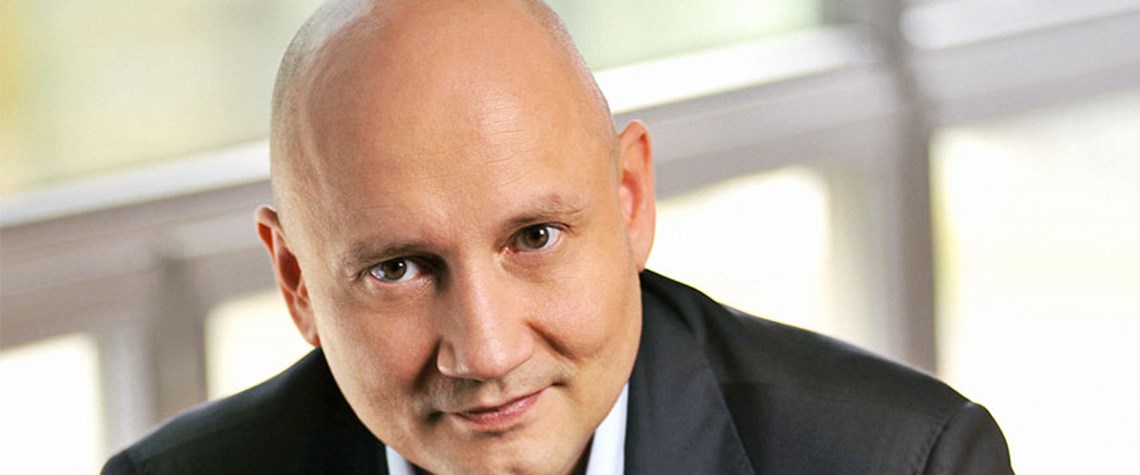Carbon capture to play key role in Mol strategy
The Hungarian oil and gas firm aims to build a business on the back of not only its own carbon emissions, but also those of third parties
Mol’s late February update of its long-term strategy towards moving “profitably towards net zero” foresees the firm becoming a “key player in the low-carbon circular economy in Central and Eastern Europe”. And part of the vision is the firm leveraging its existing carbon capture, utilisation and storage (CCUS) expertise in the region, upstream chief Berislav Gaso tells Transition Economist. His division has ambitions to reduce its scope 1 and 2 emissions—across not just its European assets that fall under the scope of the EU ETS, but also in the global portfolio—to zero by 2030. Gaso sees three key challenges: cutting flaring, decarbonising required power generation and minimising venting. “

Also in this section
9 January 2026
A shift in perspective is needed on the carbon challenge, the success of which will determine the speed and extent of emissions cuts and how industries adapt to the new environment
2 January 2026
This year may be a defining one for carbon capture, utilisation and storage in the US, despite the institutional uncertainty
23 December 2025
Legislative reform in Germany sets the stage for commercial carbon capture and transport at a national level, while the UK has already seen financial close on major CCS clusters
15 December 2025
Net zero is not the problem for the UK’s power system. The real issue is with an outdated market design in desperate need of modernisation







